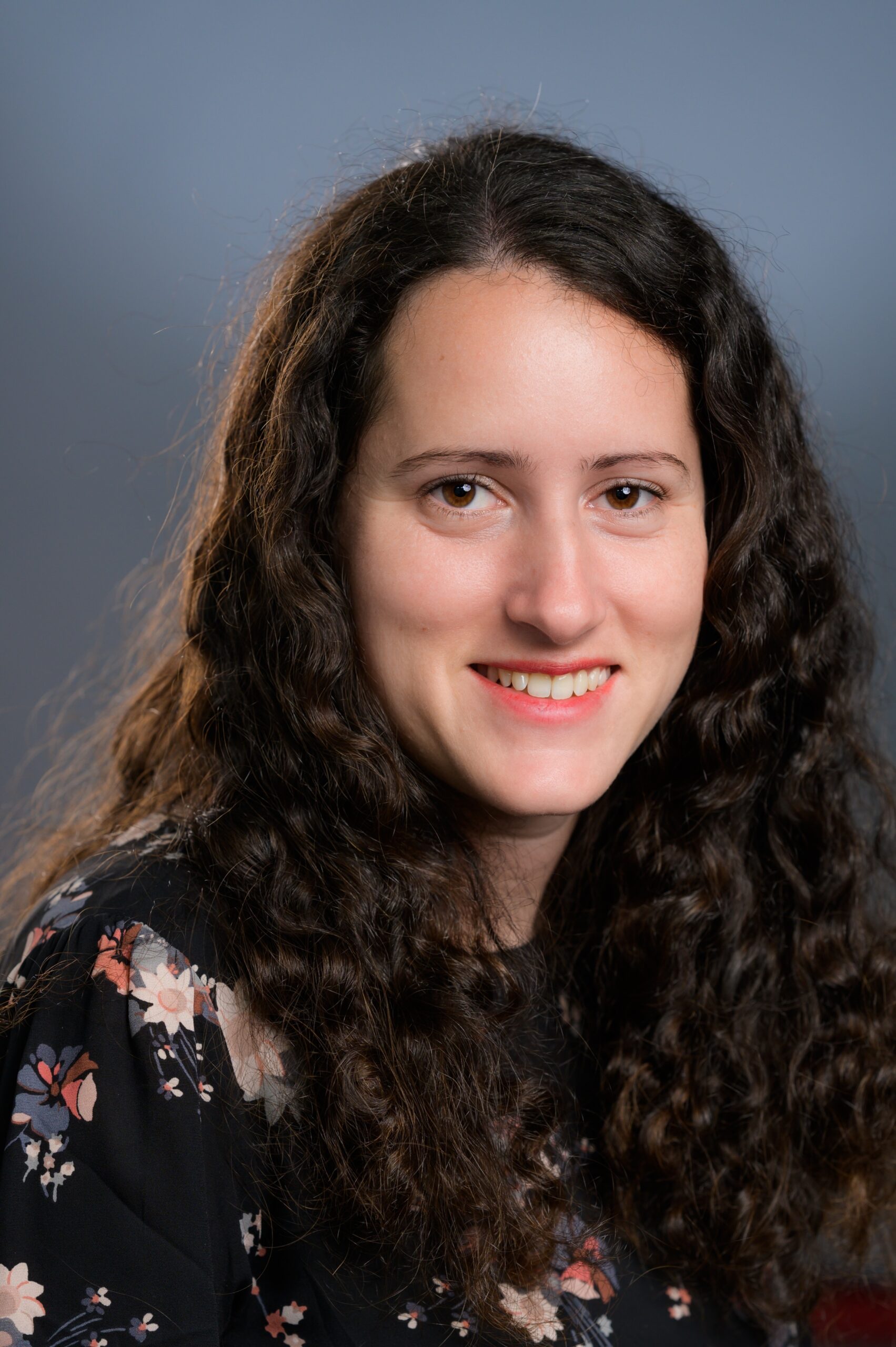The Jews are the People of the Book – the Bible most prominent among them to show them the way to a good, decent life. Now it has been discovered that filling bookshelves with books and actually reading them, as well as having parents read to them, can provide important benefits when the youngsters have become older adults.
According to a new study by researchers from the University of Haifa, Ben-Gurion University (BGU) of the Negev in Beersheba and the Israel Gerontological Data Center (IGDC), growing up in a book-filled home seems to improve memory in those 65 years old and older as well as protect against cognitive decline.

Dr. Galit Weinstein of the University of Haifa, BGU public health expert Dr. Ella Cohn-Schwartz, and Noam Damri of the IGDC analyzed the results of two waves of the Survey of Health, Ageing and Retirement in Europe (SHARE). Their findings were published recently in the peer-reviewed journal Dementia and Geriatric Cognitive Disorders under the title “Book-Oriented Environment in Childhood and Current Cognitive Performance among Old-Aged Europeans.”
A total of 8,239 men and women not suffering from neurodegenerative disease filled out the survey both in 2011 and 2013. The researchers discovered that a book-filled childhood home correlated significantly with improved immediate memory, delayed memory, verbal fluency and less global cognitive decline. A book-filled home whose volumes were actually read was considered one that had at least enough to fill one shelf (11 to 25 books). The mean age of the responders was 73 years, and 55% were women.
The team queried the participants on other variables that could affect memory and cognition: Height and weight were assessed by self-report; the number of chronic conditions was assessed by asking the respondents if a doctor ever told them that they had cardiovascular disease, high blood pressure, high blood cholesterol, stroke or cerebrovascular disease, diabetes, chronic lung disease, asthma, arthritis or rheumatism, osteoporosis, cancer, a stomach or duodenal or peptic ulcer, Parkinson’s disease, cataracts or a hip or femoral fracture. Self-perceived health and hearing difficulties were assessed on a range from one to five, in which higher score indicated poorer status.
“If we can identify early life factors that affect brain aging and give an advantage to people in late life, then we can preserve cognitive function in older age,” said Cohn-Schwartz. “This study contributes to our understanding of the importance of our childhood environments for brain health in old age. More studies are needed to determine the long-term effects on the brain of the transition from reading printed books to using digital media,” added Weinstein.
The shortcode is missing a valid Donation Form ID attribute.



